Meet The Black Designers Who Shaped Fashion History
Share
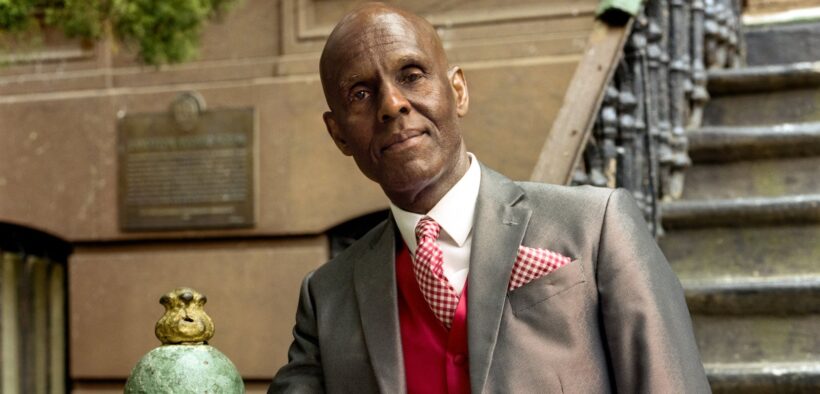
The global fashion industry, with an estimated value of over $1.5 trillion, stands as a testament to human creativity and cultural expression. Throughout its evolution from the exclusive salons of 19th-century Paris to the digital runways of today, fashion has mirrored societal shifts, technological advancements, and a kaleidoscope of cultural influences. Yet, beneath the surface of this glittering industry lies a narrative of struggle, resilience, and groundbreaking achievement, particularly by black designers who have carved their niches against the backdrop of racial profiling and systemic barriers.
Despite representing a vibrant thread in the fabric of fashion history, black designers have often been relegated to the margins of mainstream recognition. Their contributions, however, are undeniable and have significantly shaped both old and contemporary fashion landscapes.
From the opulent gowns of Ann Lowe to the streetwise couture of Dapper Dan, these creators have not only transcended racial barriers but have also set new benchmarks for creativity, innovation, and social commentary through their work.
In a sector where Black professionals constitute a small fraction of the workforce—studies suggest that less than 10% of designers at major fashion brands are Black—their influence belies their numbers.
This disparity underscores the resilience of Black designers who, despite facing systemic obstacles, have profoundly impacted the industry’s aesthetics, narratives, and ideals.
Let’s delve into the lives and legacies of ten Black designers whose talents have not only enriched the tapestry of global fashion but have also paved the way for a more inclusive and equitable future in the industry.
Ann Lowe (1898–1981)

Known for designing Jacqueline Kennedy’s wedding dress, Ann Lowe’s legacy is one of elegance and quiet determination. Operating in an era when racial segregation was rampant, Lowe’s designs graced the elite of American society, proving that talent knows no color.
Willi Smith (1948–1987)
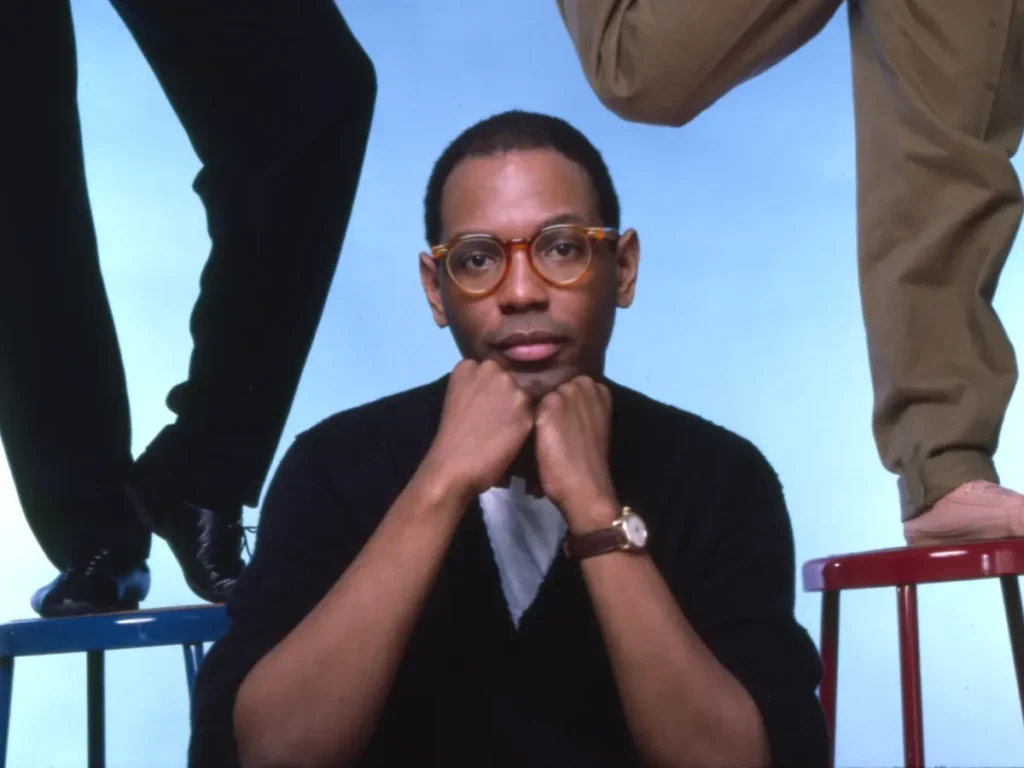
As a forerunner of streetwear, Smith merged high fashion sensibilities with the pulse of urban life. His brand, WilliWear, was an embodiment of accessibility, pushing the boundaries of who fashion was for.
Stephen Burrows (b. 1943)
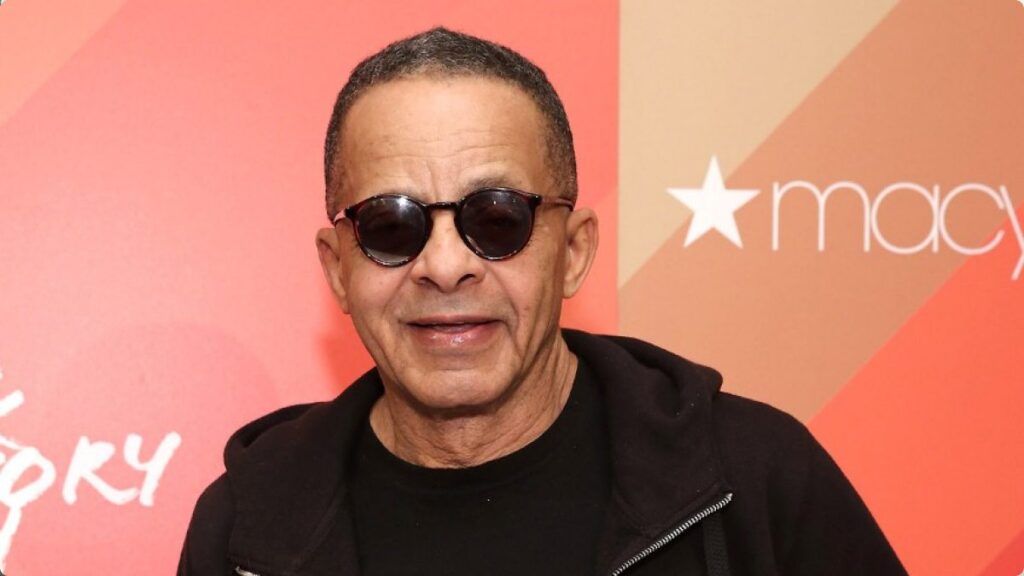
Capturing the vibrant essence of the 70s, Burrows’ designs were a riot of color and movement. His pioneering work earned him international acclaim and a place in the hallowed halls of Bergdorf Goodman—a first for a Black designer.
Patrick Kelly (1954–1990)
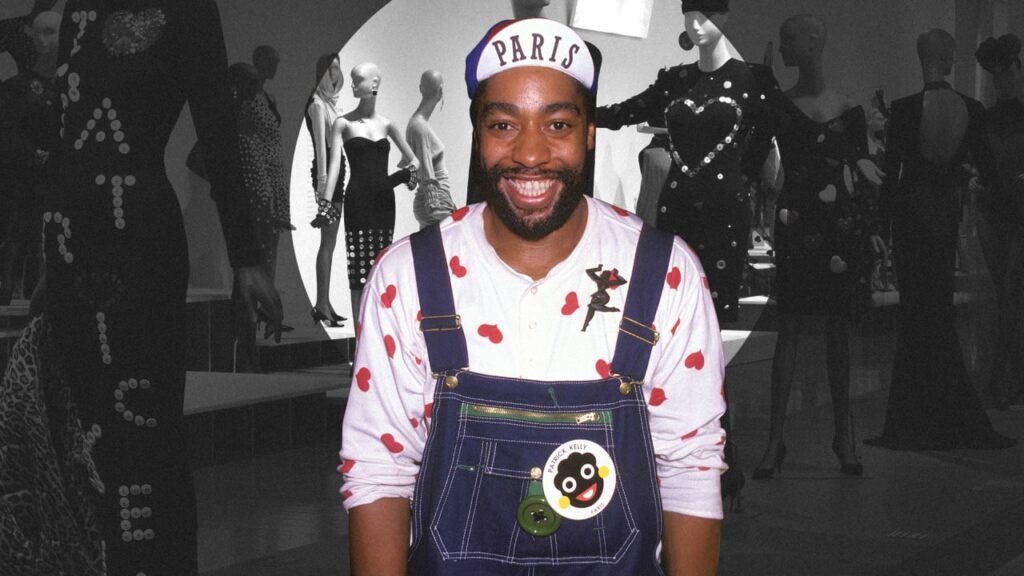
Kelly’s designs were a celebration of joy, characterized by bold colors and whimsical elements. Breaking ground in Paris, he was the first American and Black designer to join the prestigious Chambre Syndicale du Prêt-à-Porter.
Zelda Wynn Valdes (1905–2001)
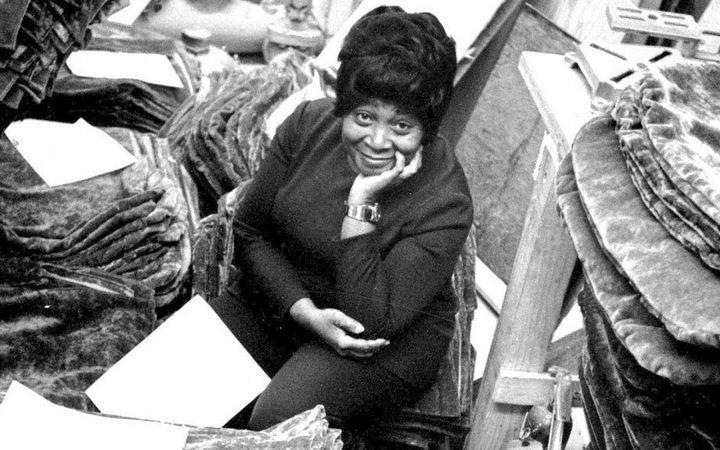
Valdes’ influence stretches from the glamour of Hollywood to the iconic Playboy Bunny costume. Her boutique, the first Black-owned in Manhattan, was a beacon of Black elegance and sophistication.
ALSO READ: 25 Famous Black Athletes Who Changed the World
Dapper Dan (b. 1944)
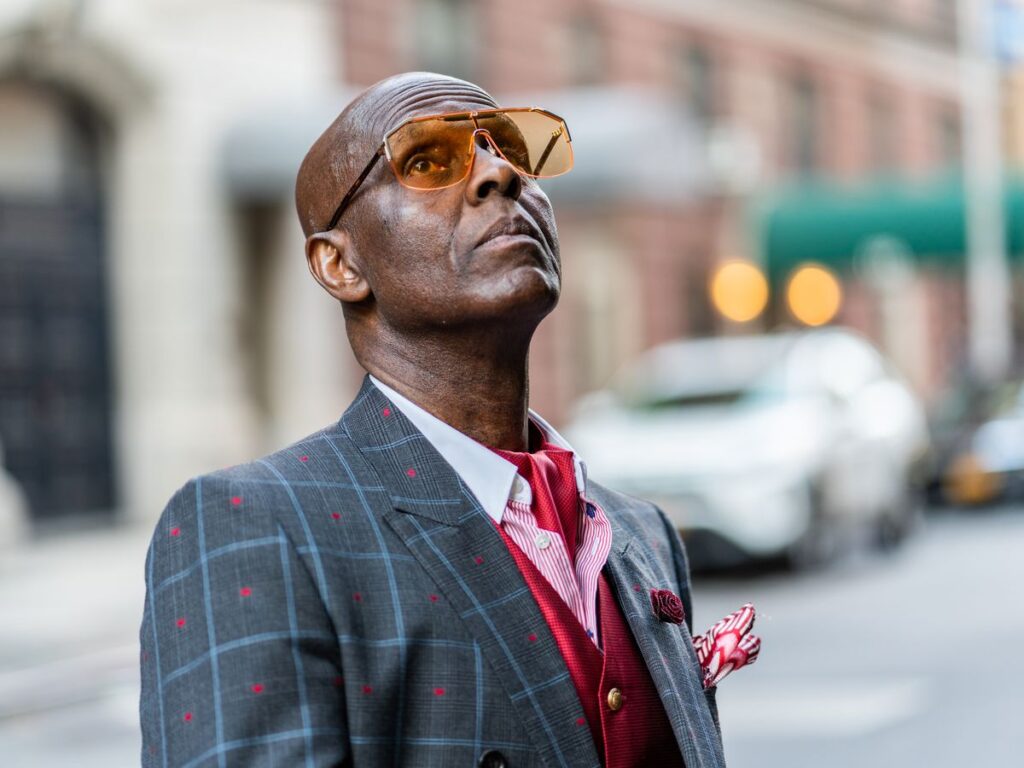
A legend in hip-hop fashion, Dapper Dan’s innovative use of luxury brand motifs in streetwear opened a dialogue between two seemingly disparate worlds, influencing a generation of designers and consumers alike.
Tracy Reese (b. 1964)

With designs worn by Michelle Obama, Reese’s work is synonymous with vibrancy and femininity. Her commitment to sustainability and inclusivity has set a benchmark for future generations.
Olivier Rousteing (b. 1985)
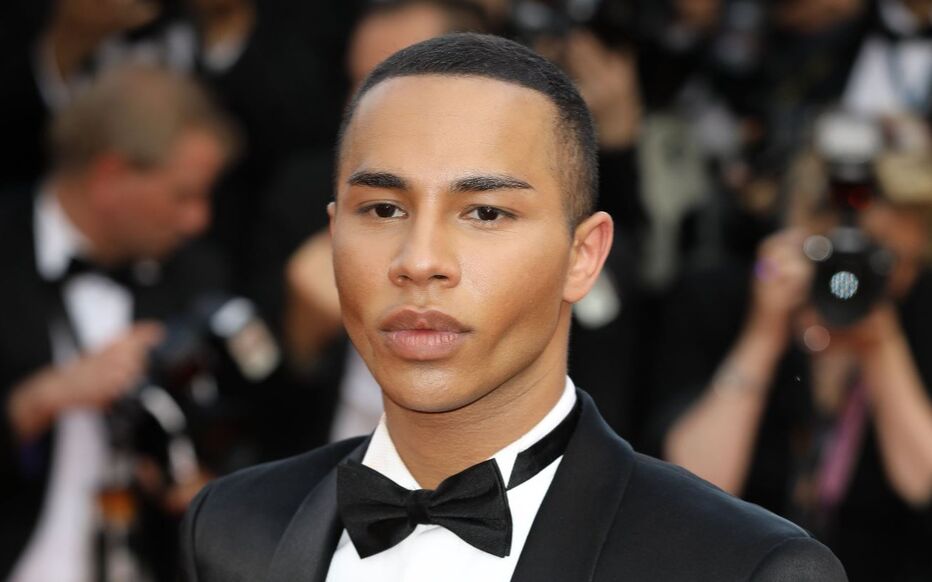
At the helm of Balmain, Rousteing has infused the storied brand with a new vitality, championing diversity and reflecting the dynamism of the digital age in his designs.
Virgil Abloh (1980–2021)
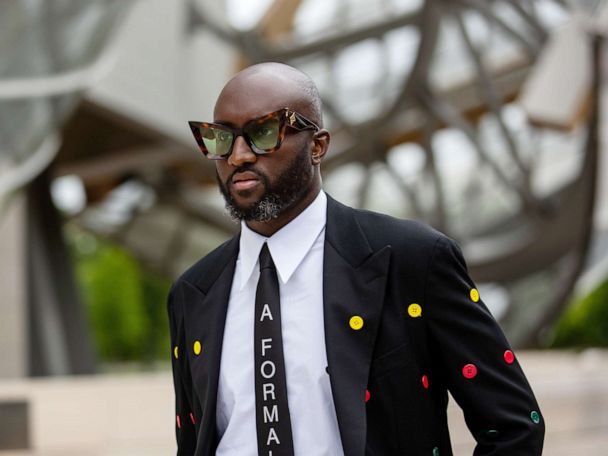
Abloh was a visionary who blurred the lines between streetwear and haute couture, questioning and redefining what fashion means in the contemporary world.
Kerby Jean-Raymond (b. 1986)
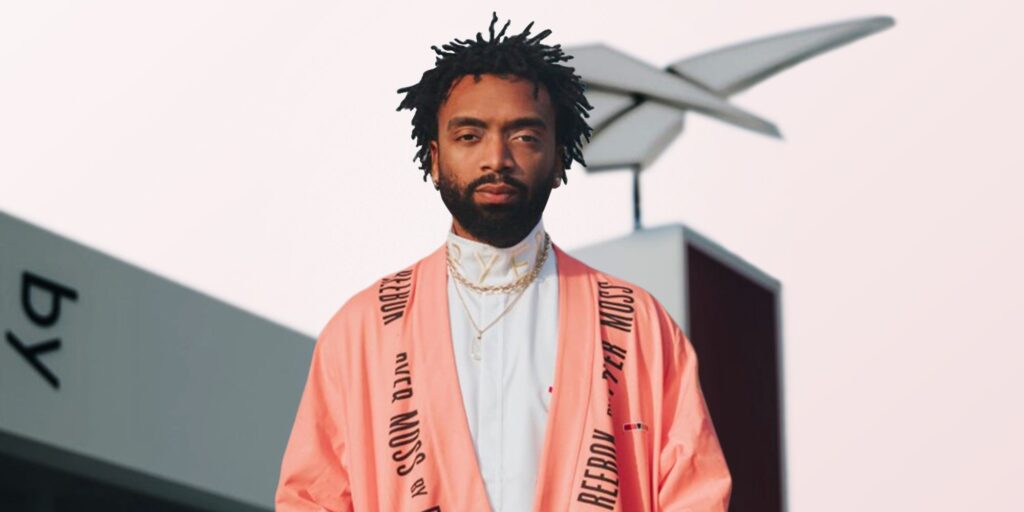
Through Pyer Moss, Jean-Raymond uses fashion as a platform for activism, challenging the industry to confront and address its historical and ongoing issues with race and representation.
Conclusion
These ten visionaries, through their resilience and creativity, have not only shaped the contours of fashion but have also forged a legacy of inclusivity and innovation. Their stories remind us that fashion, at its best, is a mirror reflecting the diversity and complexity of the human experience.
In paying tribute to these pioneers, we recognize the essential role Black designers play in enriching and defining the global fashion narrative, urging the industry toward a future where diversity is not just celebrated but is foundational.





















cv32cz
XAMnbzcHFogqECW